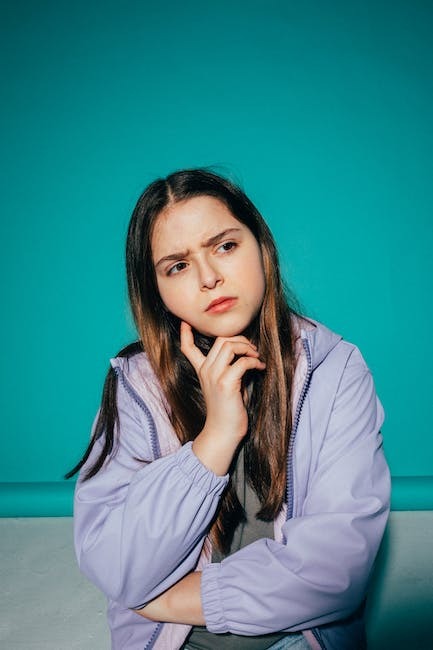
According to the National Institute on Drug Abuse (NIDA), “In 2015, about 4.0 million people in the United States met the diagnostic criteria for a marijuana use disorder; 138,000 voluntarily sought treatment for their marijuana use.” Also, this survey was taken only a year after the legality of cannabis in Colorado came into effect and before the increase in illicit substance use (including marijuana) during the COVID-19 pandemic. So, the need to take a closer look at the negative effects of cannabis remains a relatively high priority. This is especially true because there has also been an increase in marijuana-induced psychosis.
Cannabis in Colorado: The Often One-Sided Discussion
The conversation surrounding cannabis in Colorado is actually a healthy conversation to be had. It’s better than the extended period of ignoring that cannabis and cannabis use not only existed but was prevalent across the entire United States. What is unhealthy about the conversation is how one-sided it has seemingly become in favor of the “benefits” of cannabis instead of its potential harms.
One of the “beneficial” aspects that people often bring up regarding cannabis is that it is not an addictive substance. This just simply is not true. According to NIDA, “Marijuana use can lead to the development of problem use, known as a marijuana use disorder, which takes the form of addiction in severe cases. Recent data suggest that 30% of those who use marijuana may have some degree of marijuana use disorder.”
Also, marijuana addiction is just the overarching issue. The real issues reside in the negative effects that addiction brings with it.
Understanding the Negative Effects of Cannabis Abuse
As with any other illicit substance, cannabis’ negative effects live on a spectrum. The truth is that there are some people that may use marijuana recreationally and have very minimal (non-addictive) side effects. But, there are many others that experience serious problems due to marijuana use. These problems can be social, emotional, physical, and psychological, and they can be detrimental to both everyday life and future goals.
The following are just a few of the negative effects that cannabis abuse can cause:
- Trouble concentrating and focusing, which can lead to problems at home, school, and work
- Physical ailments such as headaches, gastrointestinal problems, and trouble with breathing over time
- Loss of interest in once-enjoyed activities and friend groups
- A greater likelihood of engaging in risky behaviors, which could also lead to legal ramifications
- For adolescents, the potential to interfere with or even damage brain development
- A higher chance of acquiring co-occurring mental health disorders
- Experiencing marijuana-induced psychosis
What Exactly Is Marijuana-Induced Psychosis?
Marijuana-induced psychosis (also known as cannabis-induced psychosis) is when marijuana consumption causes a temporary period of psychosis, also known as a psychotic episode. These can be particularly dangerous because when experiencing this psychosis, an individual can become a danger to both themselves and others. This can be due to a violent outburst or simply not comprehending the type of agitated mental state they are in.
It is also important to note that while marijuana-induced psychosis is generally temporary, it can lead to longer-lasting issues. According to another research report put out by NIDA, “Considerable—though not all—evidence has linked cannabis use to earlier onset of psychosis in people with genetic risk factors for psychotic disorders, including schizophrenia, as well as worse symptoms in people who already have these conditions. Although less consistent, there is also evidence linking cannabis use to other mental illnesses and self-harm, including suicidal thoughts and behaviors.”
So, not only is it important to address marijuana-induced psychosis due to the immediate symptoms, but doing so may also reduce the potential for negative long-term issues down the road.
Cannabis in Colorado and Effective Treatment Options
The good news is that there are many treatment options for those who struggle with cannabis in Colorado. There are many effective treatment programs, such as inpatient programs, partial hospitalization programs (PHPs), and intensive and general outpatient programs. Also, there are many effective treatment modalities for those struggling with marijuana addiction and those that may be experiencing marijuana-induced psychosis.
One of the most commonly used treatments is psychotherapy. Psychotherapy such as cognitive-behavioral therapy (CBT) and dialectical behavior therapy (DBT) can help individuals who are struggling with addiction get to the underlying issues that may be connected to their negative behaviors. It is only when these issues are brought to the surface that they can be dealt with, and deeper healing and recovery can begin.
The Recovery Mission at The Redpoint Center
Here at The Redpoint Center, we understand that cannabis in Colorado remains a hotly debated subject. However, ultimately, it is not the debate that we are concerned with.
Our primary purpose is to help our clients get past their addictions and onto the healthy road to long-term recovery. That is the main conversation that we are interested in having. For those of us in recovery, it is the conversation that concludes with a new way of being and a life that is beyond what could once be imagined.
Legalized marijuana is still a big discussion point across the U.S., and Colorado remains one of the focal regions of that discussion. Unfortunately, the primary focus tends to be on the “benefits” of cannabis rather than the potential dangers and side effects. One of these side effects is what is known as marijuana-induced psychosis, which can cause serious disruptions and should be diagnosed and treated as soon as possible. If you feel like you or someone you love is struggling with cannabis use disorder, you are not alone. We can help. For more information on marijuana-induced psychosis and effective treatment options, please reach out to The Redpoint Center today at (303) 710-8496.




